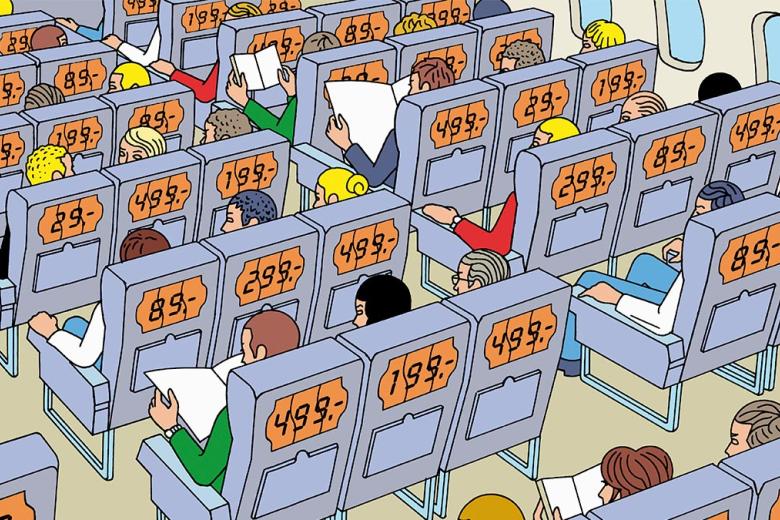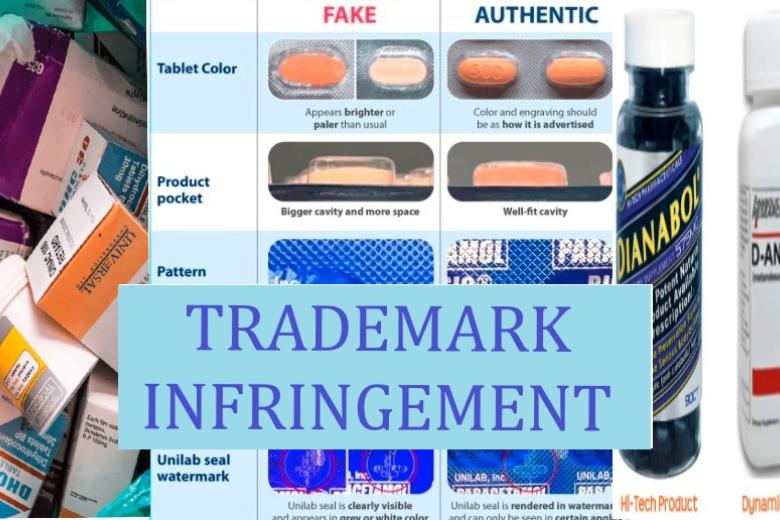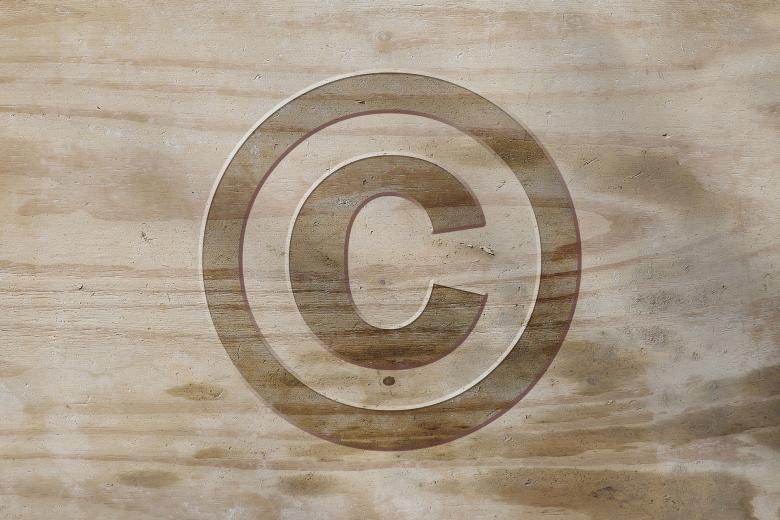As Internet users produce creative content (generally referred to as ‘user-generated content’ or ‘UGC’) by building on pre-existing copyrighted material, one might wonder how the current EU copyright regime deals with this phenomenon, especially after the recent addition of the Digital Single Market Directive.
The shared management of EU funds: new perspectives and challenges
- Law
Questions surrounding how the EU budget is spent or audited have been, and will always be, of interest to EU citizens. Formally, the responsibility for the implementation of the budget rests with the Commission, but it is well known that the Member States have a crucial role to play, especially in the so-called ‘shared management’ implementation ‘mode’ or ‘type’. As the Commission notes, approximately 70% of the programmes are managed in this way.

Towards fairer non-economic damages: experts’ first reactions to FullCompensation
- Law
This blog includes a brief description of a METRO seminar held on 30 May 2022, where a draft research design of FullCompensation was shared for feedback. This seminar was the first scientific deliverable of the project and set the ground for its further development.

FullCompensation: pain and suffering damages shouldn’t be a lottery
- Law
Suppose that you get injured in an accident. In that case, you are entitled to damages. Damages are money that the injurer (or their insurer) must pay to you to make you ‘whole’. The aim of damages is, basically, to fully compensate you. Sounds easy? Believe me, it’s not!

Vertical information exchange enabled by web crawlers, price comparison sites, and spider software under the competition rules following Samsung (2021)
- Law
In its fining decision of 14 September 2021 regarding Samsung, the Netherlands Authority for Consumers and Markets (ACM) imposed a fine of over EUR 39 mln on Samsung Electronics Benelux B.V. (Samsung) (the Decision). According to ACM, Samsung coordinated the retail prices of Samsung television sets together with various retailers by exercising undue influence on the online retail prices of television sets of seven retailers.

The digital market competition with multisided markets: a case of Indian e-commerce
- Law
Digital platforms are one of the key developments in facilitating industry 4.0 and are at the center of the multifold benefits the consumers derived through this. An important feature of the digital platforms is the presence of high sunk costs and low marginal costs (UNCTAD, 2019). This occurs since the major cost of operation is the platform creation and popularizing it among the stakeholders. Algorithms is the key tool through which the major decisions and processing undertaken by these platforms. This involves high investment in the initial stage of operation. Apart from this, successful operation of any platform depends on the efficient marketing and the service delivery to make it popular among customers. Prevalence of high sunk cost and network effects makes high entry barriers to the new players to successfully enter into the market.

Why AI-enabled price discrimination is not always undesirable: lessons from law and economics
- Law
Digitalization has gradually changed business models and reshaped human lifestyles. The rise of business models based on the collection and processing of consumer data allows undertakings to charge business customers and final consumers different prices for the same goods or services, offered at precisely the same time. This technique, which is called “AI-enabled price discrimination”, has deeply affected people’s daily life. For example, when ordering the same hotel room on the same Chinese website at precisely the same time, a loyal customer was charged more than a new customer (see CCTV.com).

The battle between Autorité de la Concurrence and Google to make press publisher’s right a reality in France
- Law
In April 2020, the French competition authority adopted an interim decision against Google obliging it to enter into negotiations with press publishers to establish the amount of remuneration for the use of publications protected by the related right for press publishers, as foreseen by the DSM Directive, which France was the first EU country to partly implement. Google in order to avoid making any payment for the use of press publications in its services stopped displaying the protected content until it obtains a free license. Some believe this shows how competition law may become a redistributive instrument for the realization of socially relevant aims, such as the protection of free press. Many argue, however, that it should not be a tool for repairing laws which many consider structurally flawed, and that the authority’s decision was badly reasoned.

Take no prisoners: litigations strategy against trademark infringement
- Law
Can firms undertake costly litigation to protect its brand's core market against infringers? Trademarks are an important intellectual property that plays a significant role in commercialization of a product. Despite several international treaties that aim to protect this right for a firm, competitors do engage in considerable amount of trademark infringements for economic reasons. Our research shows that firms that develop a reputation of toughness against trademark infringement create a deterrence effect for future infringers.

The digital markets act amendments: be careful what you wish for
- Law
On 15 December 2021 the European Parliament has adopted in 1st reading the long-awaited Digital Markets Act – a regulation, aiming to recalibrate competition in the most important sectors of the EU digital economy. As this law and this new regulatory modality are indeed capable to have a paradigmatic impact on such an important industry, the variety – and the polarity – of the interests aiming to contribute to the wording of the DMA, is understandable.

